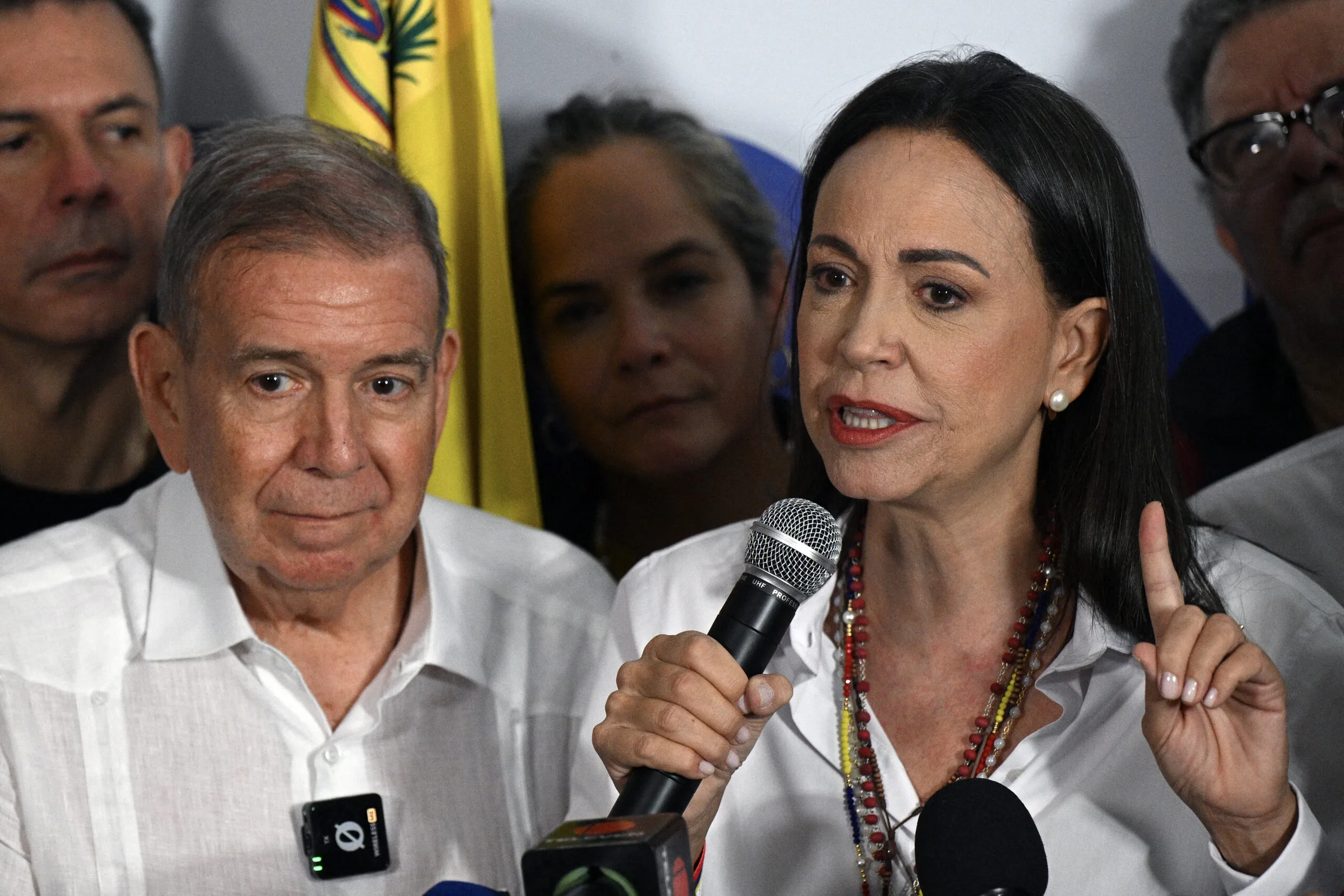Brussels – Nicolas Maduro will be the President of the Republic of Venezuela again. In office since 2013, he emerged victorious in yesterday’s (July 28) election, winning 51.4 per cent of the vote against the 44.2 of Edmundo Gonzalez Urrutia, candidate for the opposition. It was an outcome against all odds, over which already hovers the perplexity of a large part of the international community, including the EU, with the High Representative for Foreign Affairs, Josep Borrell, calling for ensuring “detailed vote counts and access to voting records at polling stations.”
Polls gave Gonzalez Urrutia, a political scientist and diplomat the Unity Platform chose to put more than two decades of chavismo behind him, ahead by 20 to 30 per cent. Opposition leader Maria Corina Machado claimed irregularities in the polling and claimed victory for her candidate “with 70 per cent” of the vote. Maduro defended himself on the attack, blaming “a massive hacker attack” on the centre of the Electoral Council, contrived by those who “wanted to prevent the people of Venezuela from having their official result.” For the president, the heavy delays in the polls were engineered “in order to cry fraud.” The coalition supporting Gonzalez—which had deployed thousands of observers to polling stations across the country—complained instead that in many polling stations, observers were “forced to leave,” and it was therefore impossible to verify that there was no fraud.

On the other hand, starting with the U.S. Secretary of State, Anthony Blinken, many find the figures announced by the United Socialist Party of Venezuela “not very credible.” So do Gustavo Petro’s Colombia and Gabriel Boric’s Chile. Several voices were raised from the European Union, whose election observation delegation was refused entry in May by Caracas. The head of EU diplomacy, Josep Borrell, was echoed by the foreign ministers of Spain, Germany, and Italy. For José Manuel Albares, “the democratic will of the Venezuelan people must be respected with the submission of the minutes of all polling stations to ensure fully verifiable results.” At the same time, a note from Berlin declared that “the electoral results announced are not enough to dispel doubts about the vote count.” Italian Vice-Premier Antonio Tajani is even more direct, who on X asked whether “the result announcing Maduro’s victory reflects the will of the people?”

With the same firmness with which Elvis Amoroso, head of Venezuela’s National Electoral Council, had declared that “EU representatives are not welcome in our country while genocidal sanctions are maintained against the Bolivarian Republic of Venezuela, and in particular its government,” Maduro lashed out at Western interference. “They didn’t succeed with sanctions, with aggression, with threat. They have not succeeded now, and they will never succeed with the dignity of the people of Venezuela. Fascism in Venezuela, the land of Bolivar and Chavez, will not pass,” were his first words spoken in front of the Miraflores Palace.
Given the simmering climate in Venezuela—with the economy in recession, three-digit annual inflation rates, police abuses, and the increasingly undemocratic practices of Maduro’s government—there was also a wish from Brussels that at least “the calm and civility” with which Election Day passed be maintained, the day on which Hugo Chavez, on whose legacy Maduro’s decades-long power is based, would have turned 70. “Chavez lives. Chavez, this triumph is yours,” the president shouted to the crowd of supporters.
English version by the Translation Service of Withub




